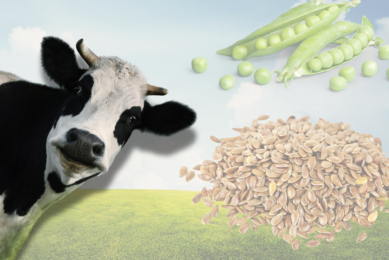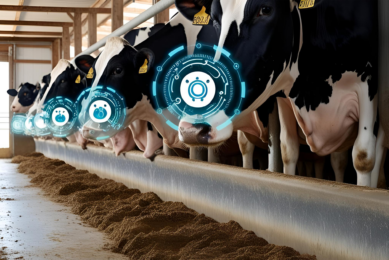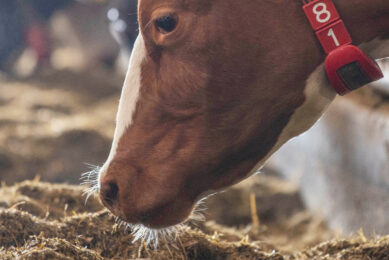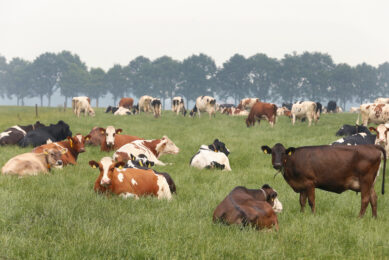Dangers of restricting dairy output amid carbon concerns
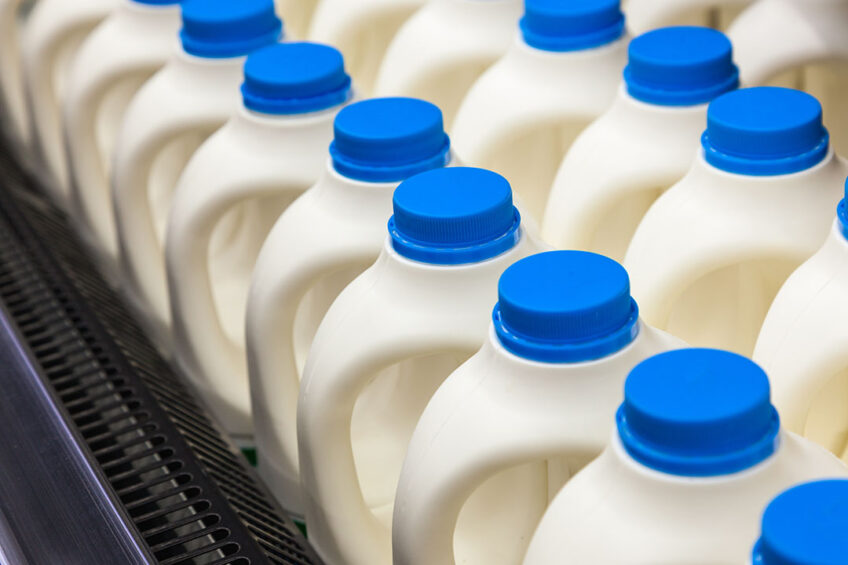
Concerns are growing; UK policymakers are taking the focus away from efficient food production in favour of nature conservation and the delivery of other public goods.
Dairy consultants Kite Consulting said that while it was important to address the climate and biodiversity crisis, the government needed to create a framework that achieves this while recognising and encouraging the value of producing sustainable, nutrient-dense, affordable food.
Carbon footprint and nutrition
In its ‘Project Apollo’ report, authors John Allen and Erik Elgersma said the dairy industry had been widely publicised as having a high carbon footprint due to the methane burped by cows, the carbon footprint of the farm inputs and the energy required in processing and transporting the end products.
But while the analysis is correct, the carbon impact of food is not taking account of nutrient value but simply being based on quantity of products. As dairy has a high nutrient density, relatively small quantities of dairy will fulfil nutritional needs.
“As such, the total amount of carbon emitted to meet your nutritional needs may be lower when consuming dairy versus alternatives, even though the carbon footprint per kilogramme is higher, as you need less of it.”
“We are in danger of sleepwalking into a global food security challenge.”
An analysis by Kite Consulting showed that dairy yields nearly 4 times as much nutrition as soya milk even when measured using GWP100 and this increases to 8 times as much if using GWP. Other alternatives, such as organic oat milk or organic almond are even poorer in nutritional terms, prompting the report to say that policymakers need to recognise the issue when setting targets for changing the consumption of dairy.
The analysis should also raise questions in New Zealand and other dairy-producing regions about whether the right policies to decarbonise their agriculture are being pursued.
“We are in danger of sleepwalking into a global food security challenge, which could, in turn, counter the efforts of Western economics to lead on climate change mitigation, undoing any good that has been achieved whilst creating a bigger problem.”
OVERVIEW OF GLOBAL DAIRY MARKET PRICES
“Global unrest from poor food security could be compounded by further global unrest from a failure to address climate change in a balanced way across the globe. This cannot be allowed to happen. What’s clear is that we need a robust policy framework that allows UK farmers to respond to supply chain challenges such as cost inflation, and the longer-term impacts of decarbonisation, whilst at least maintaining, and ideally increasing, dairy production to avoid food security issues across the globe.”
*The ‘Looking at the dangers of restricting dairy output in a world short of food‘ report can be found here.
Join 13,000+ subscribers
Subscribe to our newsletter to stay updated about all the need-to-know content in the dairy sector, two times a week.



